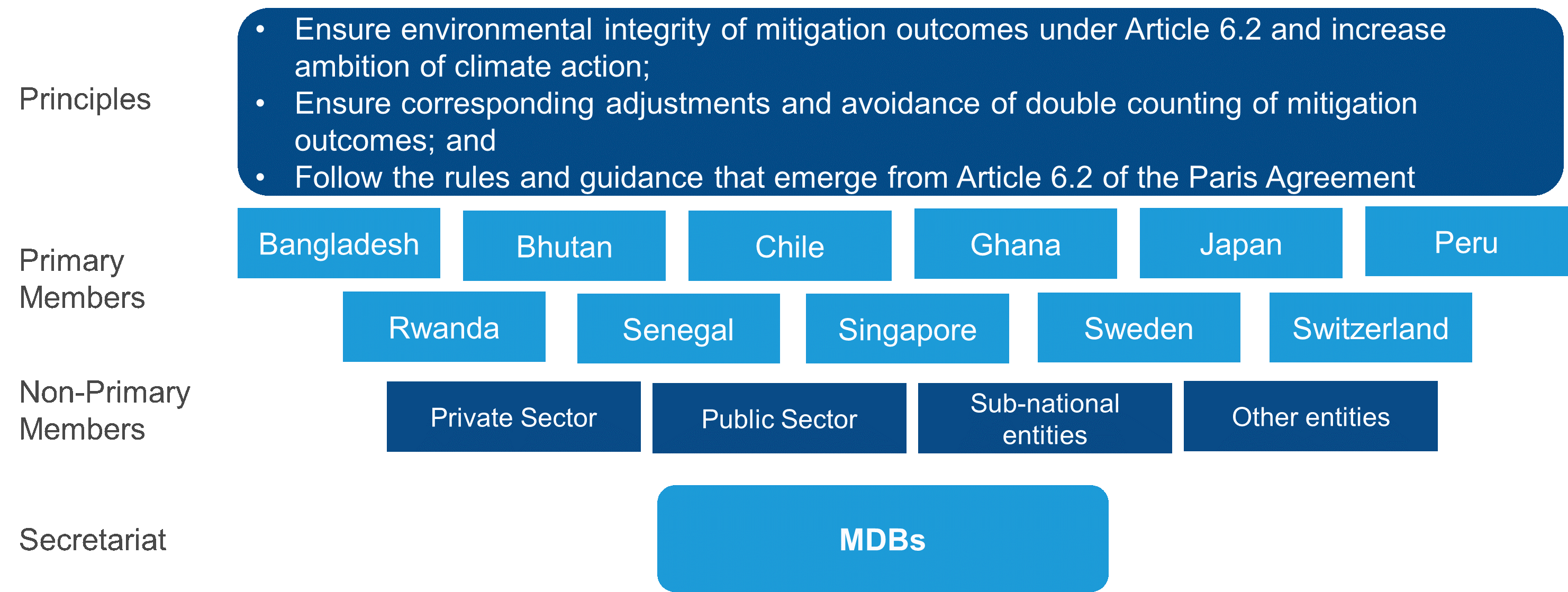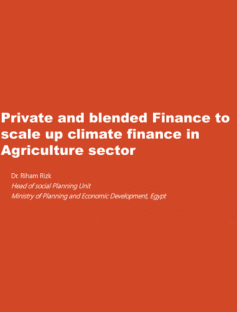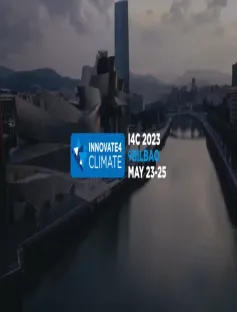International cooperation through market-based instruments, if designed well, could reduce the cost of implementing Nationally Determined Contributions (NDC) by more than half to US$250 billion per annum, or increase the amount of emissions removed by 5 GtCO2 a year, by 2030. Facilitating cooperation to raise climate ambition is a key priority for the Multilateral Development Banks (MDBs).
Article 6 of the Paris Agreement recognizes voluntary cooperation among countries for implementing NDCs and raising ambition. While the detailed rules for Article 6 remain to be finalized through international negotiations, the draft CoP25 text provides a basis for piloting by providing greater clarity on some of the essential elements of the Paris Agreement. Although several questions related to climate markets remain unresolved, views related to Article 6.2 appear to show convergence, and some countries are showing early leadership.
Piloting Article 6.2 offers an opportunity for countries to collaboratively build capacity for climate action based on practical experience. Pilots can also encourage countries to consider new and innovative approaches toward markets, leveraging the flexibility offered by the bottom-up framework of the Paris Agreement.
A Climate Market Club
The World Bank Group, together with the MDB Working Group on Article 6, including Asian Development Bank, African Development Bank, European Bank for Reconstruction and Development, and Inter-American Development Bank, has established a Climate Market Club (or “Club”). The Club is a group of national governments that jointly develop modalities for piloting activities under Article 6.2 of the Paris Agreement. It is formed on the basis of mutual understanding and commitment from all Members to make efforts to adhere to and implement the principles of ensuring environmental integrity, avoiding double counting, and following the rules and guidance that emerge from the international negotiations. To date, representatives from eleven countries have already confirmed participation in the Club: Bangladesh, Bhutan, Chile, Ghana, Japan, Peru, Rwanda, Senegal, Singapore, Sweden, and Switzerland. Participation in the Club is voluntary and non-exclusive. Country participants in the Club may also authorize public or private sector entities, sub-national entities, or civil society organizations to participate in the Club and share their experiences.
“Market-based approaches offer a unique opportunity to unlock low-carbon investments. The bottom-up approach of the Paris Agreement means that countries have the flexibility to design approaches that work for them. Through the Climate Market Club, we intend to provide a platform for them to share experiences, learn from each other, and enhance domestic policy approaches for driving low-carbon investments.” Wendy Hughes, Practice Manager, Carbon Markets and Innovation, World Bank.

The Club hopes to achieve a range of outcomes, key among them:
A platform to build expertise: The Club is intended to serve as a knowledge sharing platform for countries piloting Article 6. Club Members can draw from their experiences to translate concepts into implementation options, highlight potential challenges or capacity building gaps, and collectively outline practical approaches for robust and transparent cooperation.
A solid knowledge base: The Club proposes to develop template documents frameworks, and approach papers through an evidence-based consultative process to facilitate informed decision-making for the generation, transfer, and use of mitigation outcomes from pilot activities in post-2020 climate markets. Outputs developed by the Club are intended to be made publicly available to facilitate participation by a broader set of players.
Sending a strong signal of climate ambition: The Club also offers an opportunity for countries to signal their climate stewardship and contribute to the broader discussion of how Article 6 can be operationalized. Now more than ever, it is important to facilitate early action and increased ambition by effectively leveraging different approaches for countries to mobilize public and private finance for climate action.




